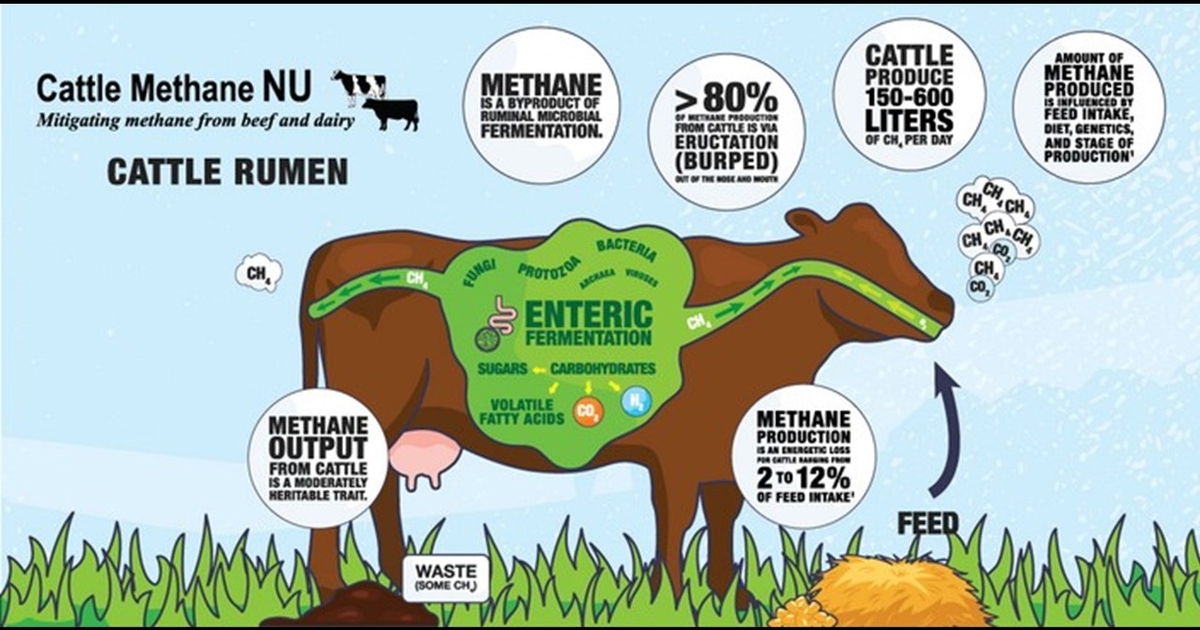Bipartisan lawmakers demand urgent agricultural aid after Hurricane Helene
Posted on October 4, 2024 by Eric Bohl
Source: Farm Progress. The original article is posted here.

“To prevent deep and lasting economic damage to the agricultural industry in the southeastern United States, it is imperative that Congress make appropriations as soon as possible upon the completion of damage assessments to fully fund unmet agricultural disaster relief needs in our states and across the nation,” wrote Ossoff and Scott. “Additionally, farmers and growers nationwide, not only those damaged by Helene, have now faced multiple growing seasons without sufficient federal support. Our constituents are counting on us to act swiftly.”
President Biden indicated Monday that he intends to request a supplemental bill from Congress to fund Hurricane Helene relief efforts. He did not specify the amount of aid needed, but said, “This is a historic storm. It’s devastating.” With Congress currently in recess, there are questions about when such a bill could be passed. Biden suggested the possibility of recalling lawmakers to address the situation.
Related: Our most recent edition
Tentative agreement reached in port strike
On Thursday evening the International Longshoremen’s Association and the U.S. Maritime Alliance released a joint statement announcing an end – at least temporarily – to the work stoppage that shut down East and Gulf Coast ports earlier this week.
U.S. Meat Export Federation President and CEO Dan Halstrom issued the following statement , " On behalf of USMEF’s member companies and organizations, I want to thank all parties involved in the effort to get cargo moving again off the East and Gulf Coasts. This is a tremendous relief to everyone in the U.S. meat and livestock industries, as about $100 million worth of beef and pork products are exported every week through East and Gulf Coast ports. Exports are a critical revenue stream at all levels of the U.S. red meat supply chain, and our industry needs all U.S. ports operating to meet the needs of our international customers and to maintain the United States’ reputation as a reliable red meat supplier."
Related: Targeted grazing: a successful, low-cost method to manage cheatgrass
Earlier this week Republican Members of Congress urged President Biden to reverse his stance against intervening in a dockworkers strike that threatens to disrupt supply chains and raise prices. On Tuesday, House Transportation and Infrastructure Chairman Sam Graves (R-Mo.) and Maritime Subcommittee Chairman Daniel Webster (R-Fla.) wrote to Biden, calling on him to invoke the Taft-Hartley Act, which allows the president to impose an 80-day “cooling off” period in labor disputes.
The lawmakers emphasized the significant economic impact of the strike, noting that the affected ports handle over 68% of containerized exports and 56% of containerized imports. They warned that “the economic impacts of failing to intervene… will be wide ranging, leaving the American consumer paying higher prices as we approach the holidays.” Graves and 69 other Republican lawmakers had previously urged Biden to prevent the strike.
Biden, however, reaffirmed his commitment to staying out of the labor dispute, stating, “Collective bargaining is the best way for workers to get the pay and benefits they deserve.” He called on USMX to offer a “fair” contract to the workers, who are negotiating with “a group of foreign-owned carriers.” White House Press Secretary Karine Jean-Pierre echoed Biden’s stance, saying that the administration is not considering invoking the Taft-Hartley Act.
Related: Angus Genetics Inc. gathers breeders, industry, academia in forum
USMX says it has offered substantial concessions in the negotiations. “We have demonstrated a commitment to doing our part to end the completely avoidable ILA strike,” the organization said in a statement Tuesday. “Our current offer of a nearly 50% wage increase exceeds every other recent union settlement, while addressing inflation, and recognizing the ILA’s hard work to keep the global economy running.”
Union leaders, including ILA President Harold Daggett, are prepared for a prolonged fight. Daggett accused the ports of prioritizing the profits of foreign-owned carriers over compensating American workers. Daggett said, “We are prepared to fight as long as necessary” in order to secure fair wages and protections against automation for the longshore workers.
In addition to an increase in wages, the ILA is seeking promises from USMX to refrain from introducing automation machinery into the ports. USMX has argued that such automation is necessary to make the ports globally competitive and to increase the speed with which goods can be loaded and unloaded from container ships.
Twenty-two state Attorneys General challenge Massachusetts pork law
Iowa Attorney General Brenna Bird, joined by 21 other state attorneys general, is leading an amicus brief to support pork producers’ appeal against a district court ruling that upheld Massachusetts’ “Question 3” (Q3) law. Similar to California’s Proposition 12, Q3 prohibits the sale of pork from farms that do not comply with strict hog-housing standards. However, Massachusetts’ law goes further by banning the transportation of noncompliant pork through the state. Bird and her coalition argue this imposes heavy costs on farmers and raises prices for consumers.
In a press release, Bird said, “With this ban, Iowa farmers are left with two drastic options: pay the extreme costs to comply with red tape that could drive them out of business, or be banned from selling their pork. … Massachusetts does not get to tell Iowans how to raise their pork.”
The coalition of states argues that Q3 violates several constitutional provisions. These include the Dormant Commerce Clause, which grants the federal government authority over interstate commerce, and the Import-Export Clause, which prohibits states from regulating products from other states. They also claim that Q3 disregards the Full Faith and Credit Clause, which requires states to respect the laws of other states. These arguments mirror those made in the legal battle against California’s Prop 12, which the U.S. Supreme Court upheld.
In addition to Iowa, states supporting the appeal are Alabama, Arkansas, Georgia, Kansas, Kentucky, Louisiana, Mississippi, Missouri, Montana, Nebraska, North Dakota, New Hampshire, Ohio, Oklahoma, South Carolina, South Dakota, Texas, Utah, Virginia, West Virginia and Wyoming.

.jpg?disable=upscale&width=1200&height=630&fit=crop)


